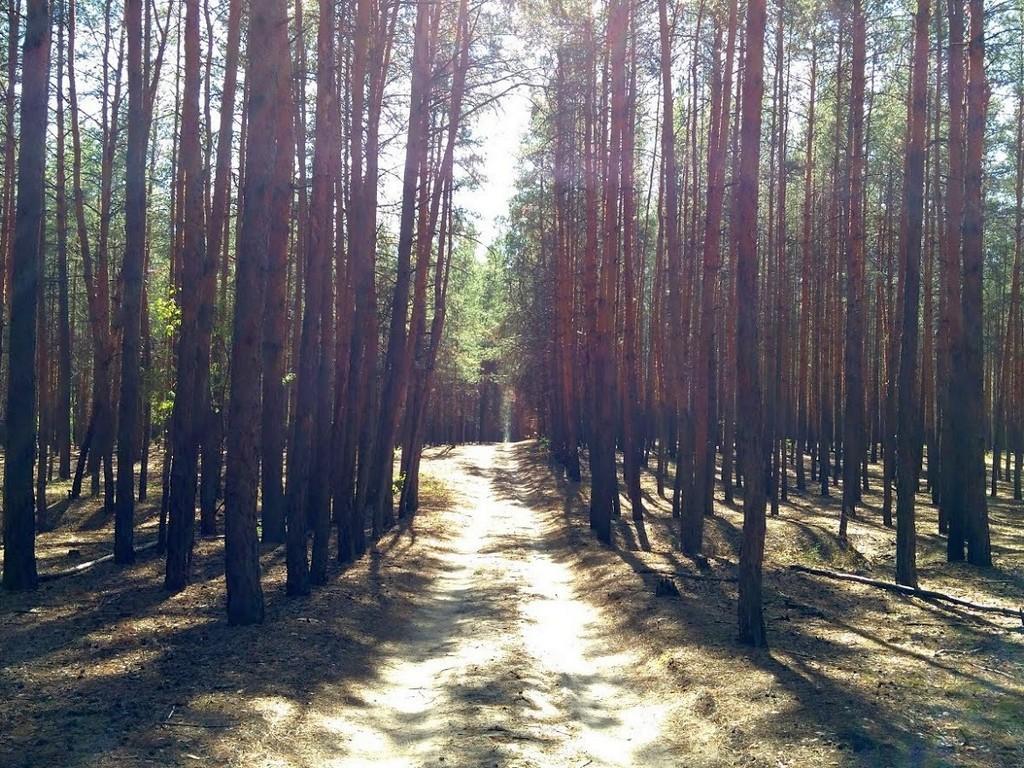Report

Traditionally, at the end of the year, in November, the Donbass Dialogue (DD) platform holds its next dialogue marathon, the sixth one already. In order to understand the logic of its work and the formulated conclusions, we need to get a retrospective view and look back up to 6 months when the fifth marathon took place in June 18–23, 2018.
The fifth marathon of the DD platform discussed the conditions and possibilities for living together "after everything that happened to us". The participants of the fifth marathon talked about things that bind and separate people within the conflict, about "ethical inflation" that hit the country and people, about the possibilities of the Reversion and its perspective. Speakers talked about the right of return, the dialoguers discussed the idea that the "reversion" can be both a loss, and a gain.
In each dialogue of the fifth marathon, the parties agreed on the thought that our lives, left in 2014, no longer exist. There is neither Ukraine nor Donbass as we knew them.
The expert group of the fifth marathon worked with the narratives of the Reversions, analyzed the Ukrainian and international legal field, explored the successful and unsuccessful experience of the Reversions. These discussions revealed the need to understand the crucial issues for solving the problem of reversion: "Are we reversing to the past (which is impossible in reality) or are we creating the future?", "If we reverse, where will we go together then?".
The demand for a vision of a joint future predetermined the topic of the sixth marathon "After the War".
During the preparation of the sixth marathon, we used the crowdsourcing and tried to find a human dimension so that we could talk not only about the territories in the context of the future, but, first of all, about the people living there. We managed to have a rich discussion about differences and similarities, about stereotypes and possibilities for overcoming them.
Back then, a basic topic began to shape up and on the marathon it sounded at the top of lungs already:
There are no easy answers. There is an objectively widening gap between the territories on both sides of the line of separation and there is the persistent desire of people to maintain ties and expand dialogue.
As a result, the marathon got to its main message: "we need "others" (different, not like us), people with various modalities of the future, and not just truth and lie. It is important to talk about the reality of the existing confrontation and its overcoming; steps towards each other for searching and discussing alternatives are important as well.
Traditionally, at the end of the year, in November, the Donbass Dialogue (DD) platform holds its next dialogue marathon, the sixth one already. In order to understand the logic of its work and the formulated conclusions, we need to get a retrospective view and look back up to 6 months when the fifth marathon took place in June 18–23, 2018.
The fifth marathon of the DD platform discussed the conditions and possibilities for living together "after everything that happened to us". The participants of the fifth marathon talked about things that bind and separate people within the conflict, about "ethical inflation" that hit the country and people, about the possibilities of the Reversion and its perspective. Speakers talked about the right of return, the dialoguers discussed the idea that the "reversion" can be both a loss, and a gain.
In each dialogue of the fifth marathon, the parties agreed on the thought that our lives, left in 2014, no longer exist. There is neither Ukraine nor Donbass as we knew them.
The expert group of the fifth marathon worked with the narratives of the Reversions, analyzed the Ukrainian and international legal field, explored the successful and unsuccessful experience of the Reversions. These discussions revealed the need to understand the crucial issues for solving the problem of reversion: "Are we reversing to the past (which is impossible in reality) or are we creating the future?", "If we reverse, where will we go together then?".
The demand for a vision of a joint future predetermined the topic of the sixth marathon "After the War".
During the preparation of the sixth marathon, we used the crowdsourcing and tried to find a human dimension so that we could talk not only about the territories in the context of the future, but, first of all, about the people living there. We managed to have a rich discussion about differences and similarities, about stereotypes and possibilities for overcoming them.
Back then, a basic topic began to shape up and on the marathon it sounded at the top of lungs already:
- There are countless options for the future, but who chooses a real future and how, and what does it rely on?
- Will this future be only repetitions and typifications, wandering among black-and-white stereotypes, or is it possible to break out of the vicious circle of conflict interaction?
- Why the status quo of confrontation should be maintained, if it is known that most often it aggravates the situation and does not help build a dialogue and find a solution?
There are no easy answers. There is an objectively widening gap between the territories on both sides of the line of separation and there is the persistent desire of people to maintain ties and expand dialogue.
As a result, the marathon got to its main message: "we need "others" (different, not like us), people with various modalities of the future, and not just truth and lie. It is important to talk about the reality of the existing confrontation and its overcoming; steps towards each other for searching and discussing alternatives are important as well.